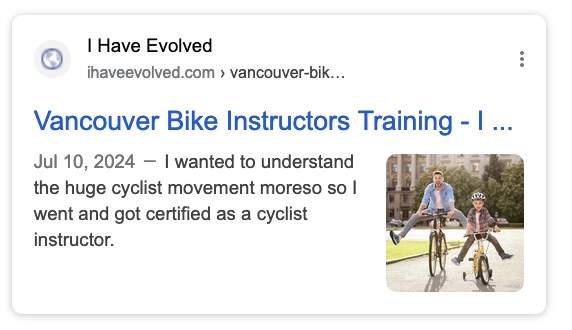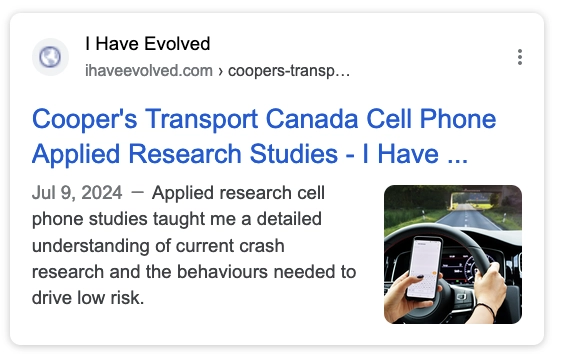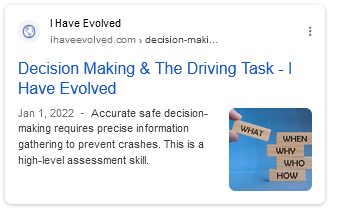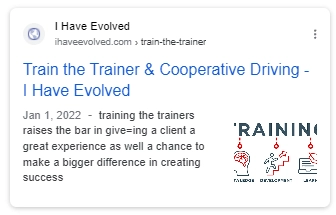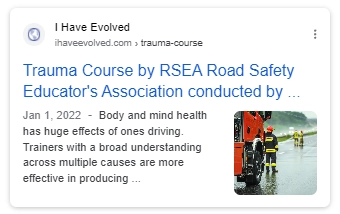Life fills our brain with experiences and events that differ for each sibling, even when we grow up in the same house. One may think it’s a fun experience. The other may think not.
These core experiences accumulate and grow into habits as we enter adulthood, as we add new beliefs and new routines. Sometimes we repeat our old patterns over again. New habits and old habits both hold great power.
So how do we change? Improve? Learn?
Crash research repeatedly points to our cognitive abilities, our thinking as the leading cause of crashes. Your decision-making is what counts most.
► Don’t talk on a cell phone.
► Don’t drive on drugs.
► Don’t drive when tired.
But maybe there is more.


WHY? WHY? WHY?
- Why do we stop at the white stop line way back before the sidewalk where we cannot see crossing traffic?
- Why must you turn your head and move your body before a lane change when I already know what’s there?
- Why should you scan left and right at an intersection light change from red to green just before you go straight through?
- Why should you walk around your vehicle before you start in the morning?
- Why should you decrease your speed gently and not abruptly?
Boring is the absolute best way to destroy learning. A why-conversation pulls the learner’s core experiences into the knowledge. Alternatively, a lesson where the instructor tells you the answers repeatedly has little depth and moves to boring quickly. However, a wide variety of situations explodes learning, as does asking why.
Every city has an abundance of complicated, tricky and confusing situations. Why anyone would ever say a driving lesson was boring is beyond my understanding.
Exciting Learning
We all know exciting teachers produce excited students and make the learning material exciting. Why-teaching enrols the learner deep into the new driving experiences. Excellent listening is a critical skill for good why-instructors. And empathy, listening from your heart, is a must.
There are approximately 1000 car collisions every day in BC. This skill of driving is no place to let your mind wander or get bored. Empathy and listening will uncover the learner’s history of close calls, fears and past collisions. This core experience is critical for building safety-based habits.
This teaching strategy of why-conversations naturally moves the learner into more significant conversations such as:
- What habits provide the best strategy for avoiding a collision?
- Why do the ICBC examiners mark specific behaviours and rules so strictly?
- How do you, the driving instructor, drive?
And you will face many personal challenges like nervousness on a test day; will you be able to get enough practice time? How best will you manage the money requirements and scheduling?
Plus, you will face 3 significant challenges when learning to drive:
- Safety — learning how to drive lifelong, staying out of trouble.
- Habits — patterns entrenched into your mind that may oppose safety.
- Change — adopting the new material when the safety disagrees with your habits.


Your Powerful Habits
I see driving as a complex intertwining of habits.
I also see that your habits are your best defence against a crash.
I know safety very well with a lifetime of experience in road safety.
I know change well, again with a lifetime of experience helping others change to improve.
So this why-conversation about safety combined with your decision-making habits brings us face to face with what changes you need to implement to drive safely on your own for the rest of your life.
This is very important.
It is not boring.
No Boring Here
Driving is a complex, ever-changing, intertwining set of habits. The driving environments, rules of the roads, car technology, our physical bodies, and our minds are also continually changing.
To survive and reduce your risk of collisions, you must constantly evolve to accommodate the never-ending changing landscape.
Come, let us show you this teaching philosophy.

